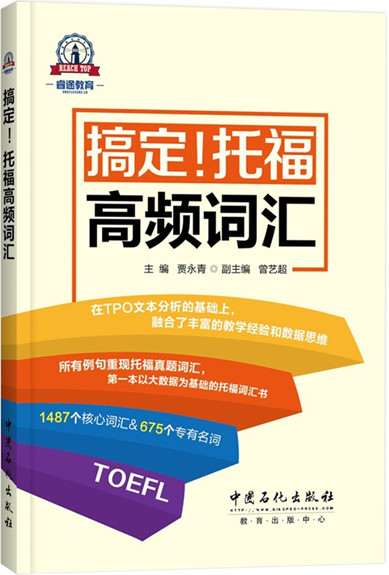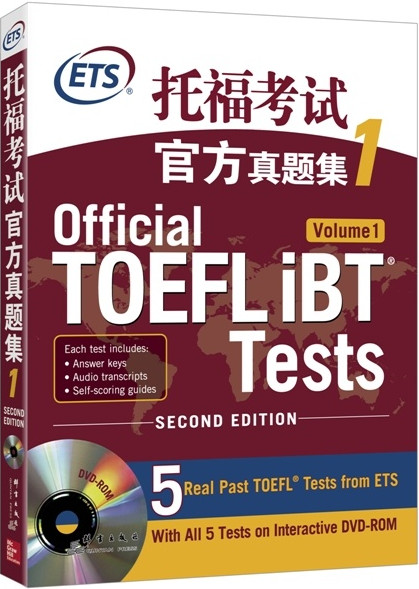有时在一些表示不赞成的句子中,形容词可以省略:
What a(silly) way to bring up a child!
怎么用这种(愚蠢的)方法带孩子!
What a time to choose!
怎么选了这么个时间!
that从句的例句如:
It is strange/odd/surprising that he hasn’t answered.
真是奇怪/古怪/令人惊讶,他怎么没回音。
it+be+形容词+动词不定式结构中可以用下列词:advisable*(合意的),inadvisable*(不可取的),better*(较好的),best(最好的),desirable*(可取的),essential*(必要的),good(好的,可取的),important*(重要的),necessary*(必要的),un-necessary*(不必要的),vital*(非常重要的)。也可以用only+fair*(公平的)/just*(合理的)/right*(对的)。
例句如:
—Wouldn’t it be better to wait?
—No,It’s essential to book in advance.
—等一等不更好吗?
—不行,必须预先订票。
可在除good以外的形容词后或在just后加for+宾语,但在good后会改变其意思,见下文E:
It won’t be necessary for him to report to the police.
他没必要去报告警察。
It is only fair for him to have a chance.
给他一次机会才是公平合理的。
inessential(非必要的)和unimportant(不重要的)通常不这么用,但可以说not essential。
it+be+形容词(+for+宾语)+动词不定式结构中可以用下列形容词:convenient*(便利的),dangerous(危险的),diffi-cult(困难的),easy(容易的),hard*(艰难的),possible*(可能的),impossible(做不到的),safe(安全的),unsafe(不安全的)。
Would it be convenient(for you) to see Mr X now?
(您)现在见X先生方便吗?
It was dangerous(for women) to go out alone after dark.
(妇女们)天黑以后单独出门是危险的。
We found it almost impossible to buy petrol.
我们发现几乎买不到汽油。(参见上面A。)
上述形容词除possible之外,均可用于名词+be+形容词+动词不定式结构中:
This cake is easy to make.
这蛋糕很容易做。
The instructions were hard to follow.
这指示很难遵从。
This car isn’t safe to drive.
这辆车开起来不安全。
- 06-13·2018年托福语法易错题30道
- 06-08·2018年托福语法练习题(13篇)
- 06-08·2018年托福语法练习题(13)
- 06-08·2018年托福语法练习题(12)
- 06-07·2018年托福语法练习题(11)
- 06-132018年托福语法易错题30道
- 06-082018年托福语法练习题(13篇)
- 05-312018年托福语法高分要点介绍
- 05-122018年托福语法练习题(2)
- 05-122018年托福语法练习题(1)
编辑推荐
- 模拟试题
- 历年真题





